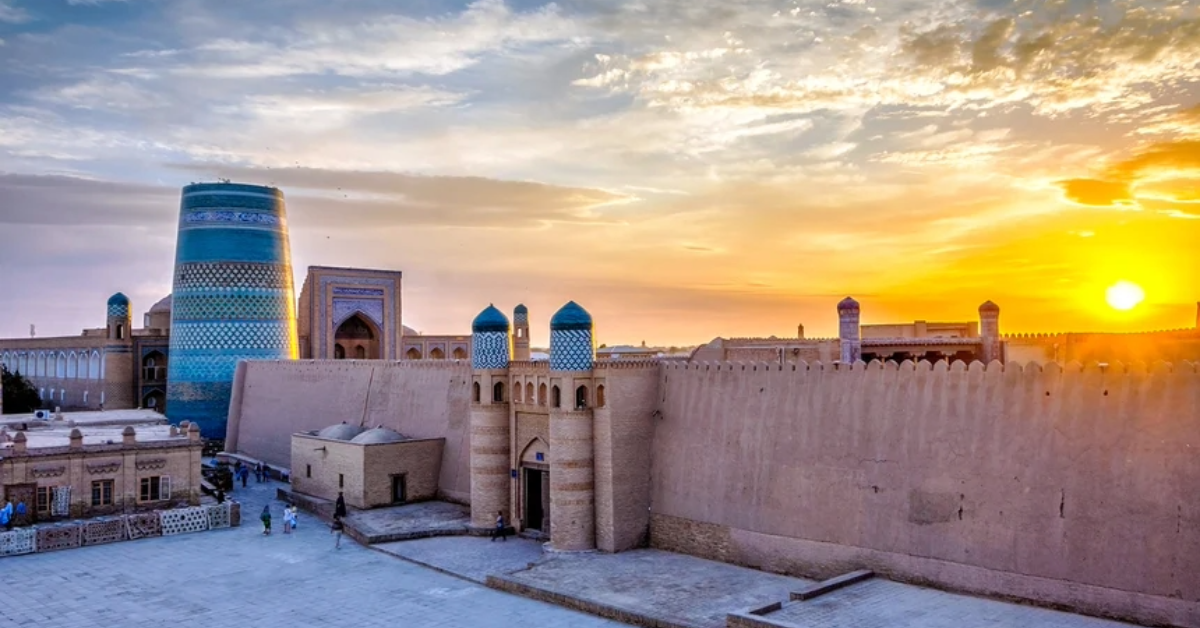Eskom - Transforming a Generation Stack and Restoring System Adequacy
Case study is based on the work presented at the Xcelerate Barcelona conference by Dipuo Magapa, Senior Energy Planner at Eskom Eskom - South...

For Immediate Release
Adelaide, South Australia – 22 October 2019 – The Republic of South Africa’s Department of Energy just released its 2019 Integrated Resource Plan (IRP) in support of its National Development Plan (NDP) 2030 – a long-term plan to create an energy sector that is reliable, efficient, sustainable and socially equitable across the country.
Since its promulgation in 2010, the IRP has made a number of capacity developments under several programs including the Renewable Energy Independent Power Producers Programme (REIPPP), the Eskom build programme and the commission of several Independent Power Producers (IPP). These changes necessitated a review and update of the original IRP to determine how they affected the expected demand growth while meeting government objectives. To do so, the organization needed to simulate the country’s real-life physical infrastructure, least-cost electricity cost and demand balance, security of supply and the environment.
Eskom (www.eskom.co.za), the electricity public utility that was chosen as the IRP modeler on behalf of the DoE, uses PLEXOS, by Energy Exemplar (www.energyexemplar.com), a simulation software platform to update to model, add new input data and analyse the new test scenarios. According to the study, “The objective function of PLEXOS is to minimise the cost of investments of electricity dispatch using complex mathematical models.”
“Eskom has been using PLEXOS since 2006 for its energy sector analysis,” noted Dr. Steven Broad, VP of Solution Engineering at Energy Exemplar. “They chose this platform because of its proven value as both a tool for developing their long-term IRPs as well as making short-term decisions about their energy mix and transition to renewables.”
As a result of these simulations, the organization found that it needed they need additional capacity expansion in the long term, and that there is an immediate risk for an energy shortage in the near term. The study’s conclusions showed that changes need to be considered across policy, capacity expansion, renewable energy build limits and detailed analysis of gas supply options.
###

Case study is based on the work presented at the Xcelerate Barcelona conference by Dipuo Magapa, Senior Energy Planner at Eskom Eskom - South...

Uzbekistan, a landlocked country in Central Asia of around the size of California, with a population of approximately 34 million, is rich in natural...

Africa is the second-most populous continent on the planet. Already home to 1.3 billion people spread over 54 countries, its population is growing...